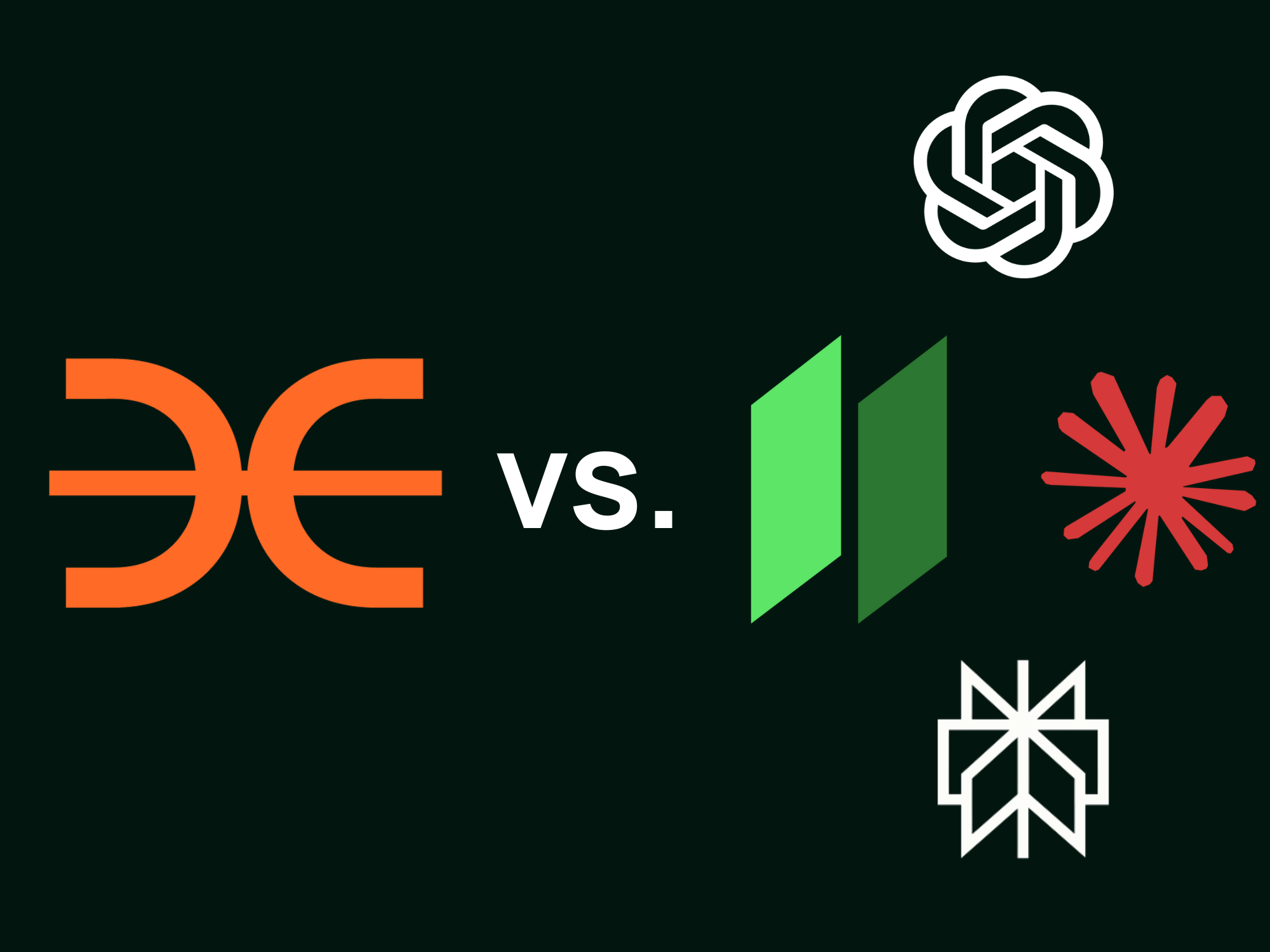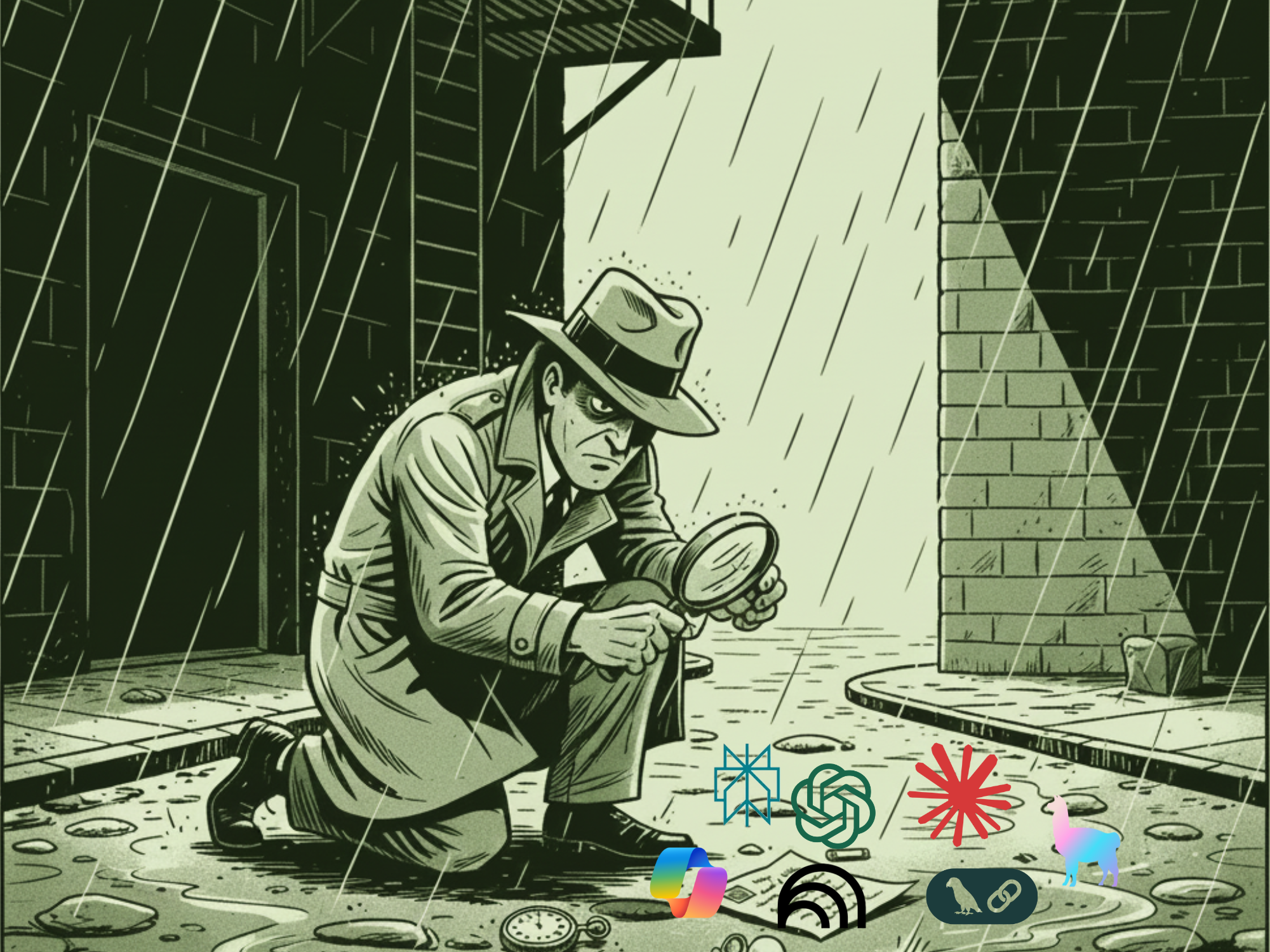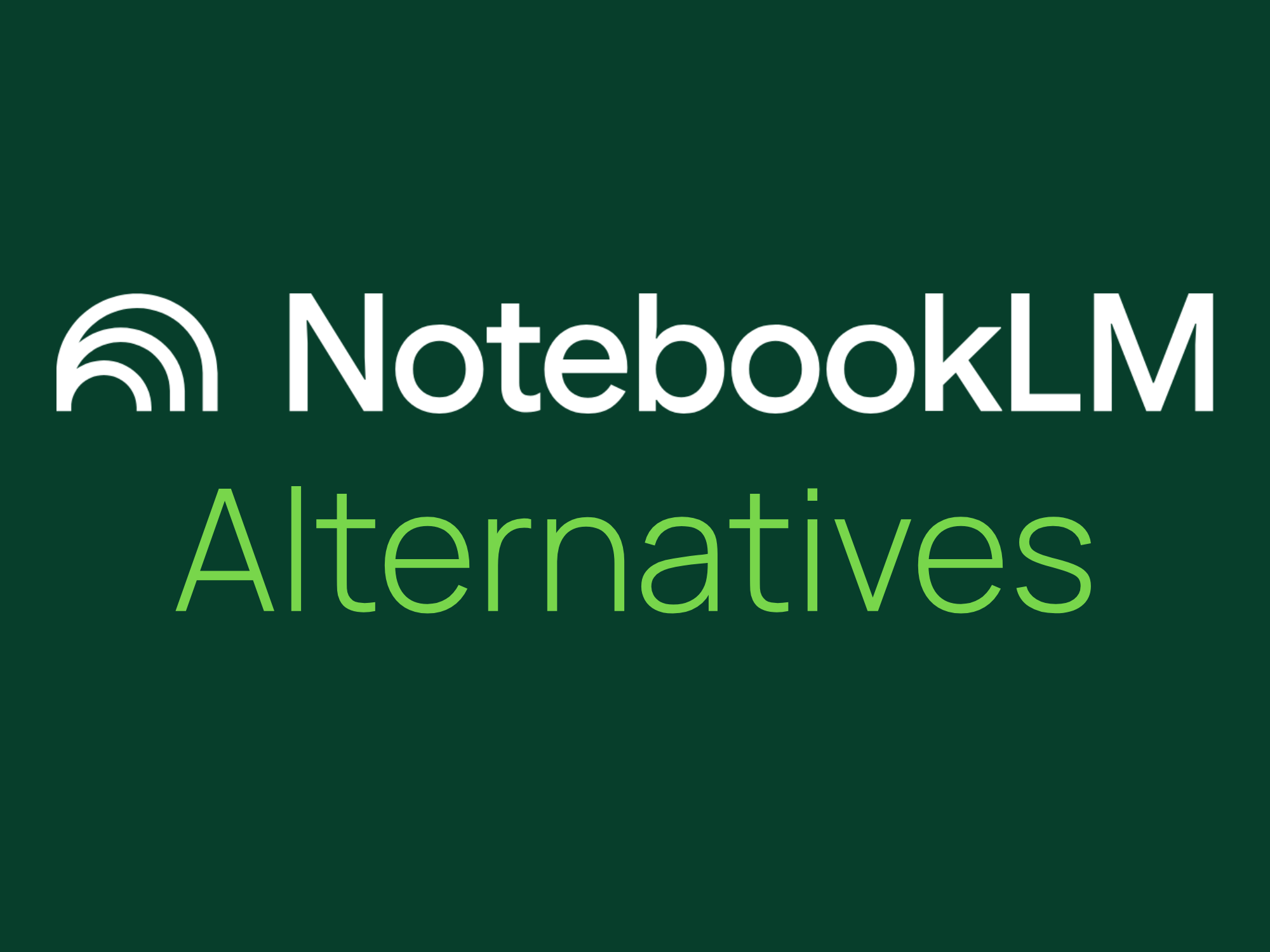Why Private AI Workspaces Are the Future of Knowledge & Operations
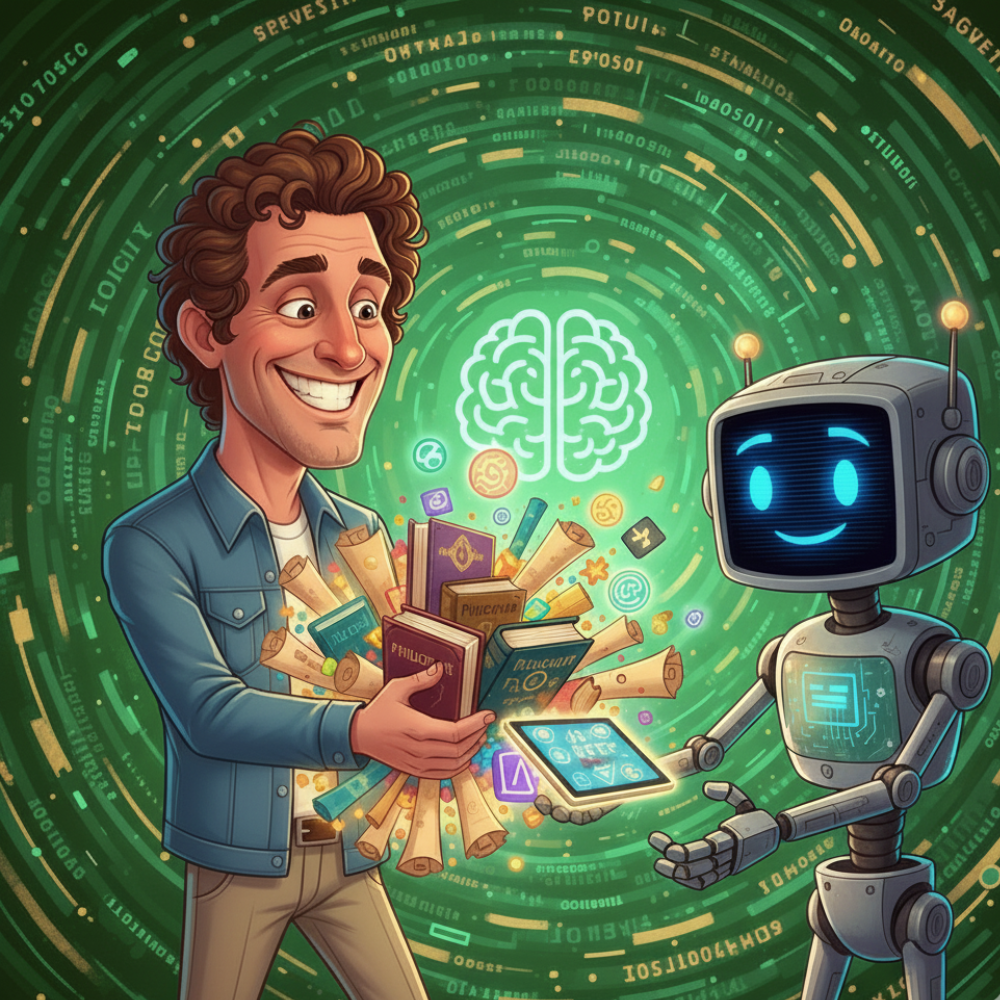
Imagine an AI environment that is completely private and only sources answers from the content you want it to reference. This is the future of enterprise knowledge and operations.
Imagine having an AI that doesn’t know everything...just everything you want it to know.
Not the world’s internet. Not Reddit threads. Not someone else’s messy data lake. Just your documentation, your notes, your policies, your playbooks.
That’s the idea behind a private AI workspace. It's an environment where the AI only sources answers from your uploaded content, and where every response can be traced back to a line, paragraph, or file that actually belongs to you.
And the benefits go far beyond data privacy.
1. Your AI finally speaks your language
Public large language models (LLMs) are trained on billions of general-purpose documents. They’re brilliant at trivia. But not at you.
They don’t know that “SR-17 checklist” means a specific engineering process, or that “QSR audit” has an entirely different meaning in healthcare than in retail.
A private workspace learns from your own world (ie: your taxonomy, your acronyms, your product structure) and responds with the same precision your best expert would use.
In other words, it doesn’t just autocomplete text. It understands your domain.
2. Privacy isn’t just about security. It’s about trust
Every time you paste internal content into a public AI, there’s a flicker of hesitation:
- Where is this going?
- Who’s seeing it?
- Will it be used to train someone else’s model?
With a private AI, those questions disappear.
Your documents stay inside your environment. Nothing is sent out for training. No one outside your organization can access, scrape, or even see it.
That kind of trust changes how teams use AI. When they know the system is private, they start uploading the good stuff, such as the real manuals, process docs, and decision logs that actually make the work run.
And that’s when the magic starts.
3. No hallucinations, just citations
The biggest frustration with open AI models and public LLMs is also the simplest: you can’t tell when they’re wrong.
A private AI workspace fixes that by tethering every answer to its source.
Ask a question → get a citation → click and verify it.
This transforms AI from “assistant with vibes” to trusted operational intelligence. In regulated industries, it also makes audit trails effortless: every answer has receipts.
4. It scales like a brain, not a search bar
Most AI tools today act like upgraded search boxes. They can summarize and rephrase, but they don’t connect.
Private AI workspaces like can go further by creating a knowledge graph, mapping how your documents relate to each other:
- Which procedures depend on which policies
- Which systems are referenced across manuals
- Which terms are synonymous across departments
That structure lets the AI answer questions with context.
Instead of saying, “That’s in Document A"...
It can say, “That process is defined in Document A, but updated by Document C after version 2.1.”
That’s not search. That’s understanding.
5. Faster onboarding, fewer bottlenecks
Every organization has “tribal knowledge” (aka: the stuff only a few veterans know how to find).
Private AI makes that knowledge accessible to everyone. For instance, new hires can ask questions directly from internal content. Teams can find the right policy or procedure instantly instead of hunting through folders or Slack threads.
The result: fewer interruptions, faster decisions, and more time spent doing actual work.
6. It grows with you
Because the AI only pulls from what you upload, your workspace evolves naturally as your organization does.
- Add new product guides? It learns them.
- Update a policy? It knows the latest version.
- Retire old content? It stops referencing it.
You’re not retraining a massive model. Instead, you’re curating a continuously improving knowledge environment.
The bottom line
Public AI is powerful, but it’s built for everyone. Private AI is built for you.
It’s the difference between talking to the internet and talking to your own brain. Think: structured, private, and perfectly aligned with your work.
As Matthew McConaughey put it, it’s like uploading your journals, notes, and favorite books so you can “learn more about yourself.”
For organizations, that means finally being able to learn more about themselves. Safely, accurately, and at scale.

.svg)

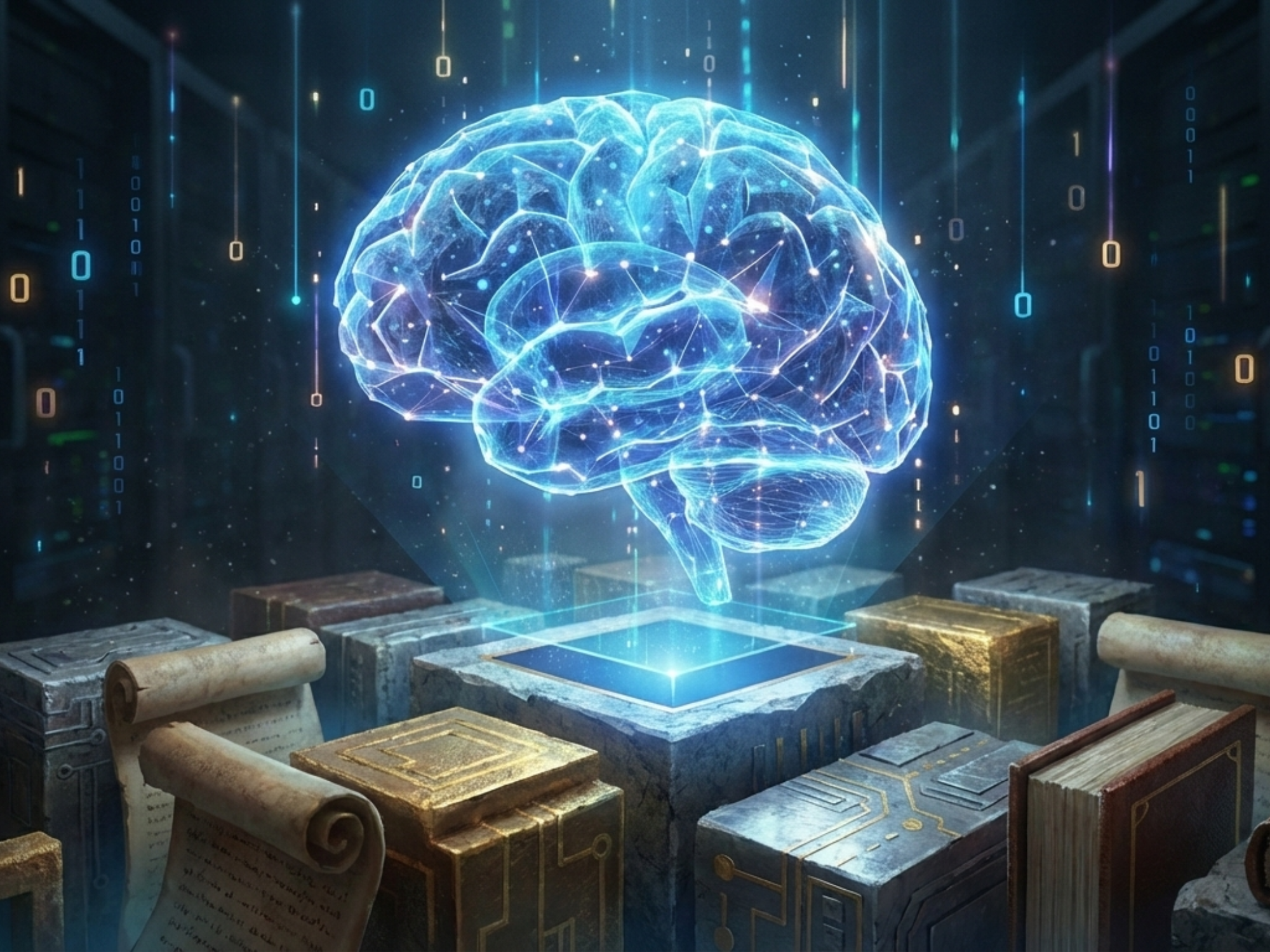
.svg)
